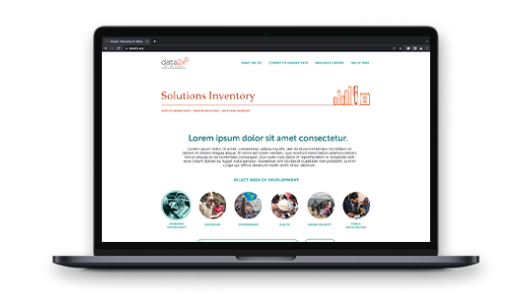
What Are Cross-Domain Solutions?
Cross-domain solutions are solutions that may be relevant to more than one sector. A survey on political participation may, for example, collect data on women’s health and education. The solutions in this section are cross-sectoral methods of data collection that are not sector-specific. They can be applied in many sectors to complement or replace other methods of data collection.
Why rapid gender assessment tools are valuable
In times of crisis such as conflict, natural disasters, or public health emergencies, national statistical systems may lack the resources and capacity to collect data. Rapid gender assessments are versatile tools that can be used by a wide range of stakeholders, such as development practitioners, to provide a snapshot of where and how women and girls are impacted in times of crises.
The data they provide are critical to forming gender-responsive policies and programs focused on mitigating losses and expediting recovery from emergency events. For example, CARE’s rapid gender analysis has been used during natural disasters, conflict, and other emergency contexts, such as the Syrian refugee crisis, to provide critical information on access to health, education, social protection, and humanitarian services. Similarly, UN Women conducted rapid gender assessments to understand the socio-economic impacts of COVID-19, informing an array of potential interventions.
Rapid gender assessments are versatile tools that can be used by a wide range of stakeholders, such as development practitioners, to provide a snapshot of where and how women and girls are impacted in times of crises.

The Importance of Partnerships to Succeed
Close The Gender Data Gaps
Explore more solutions that are practical and scalable across multiple development sectors.

